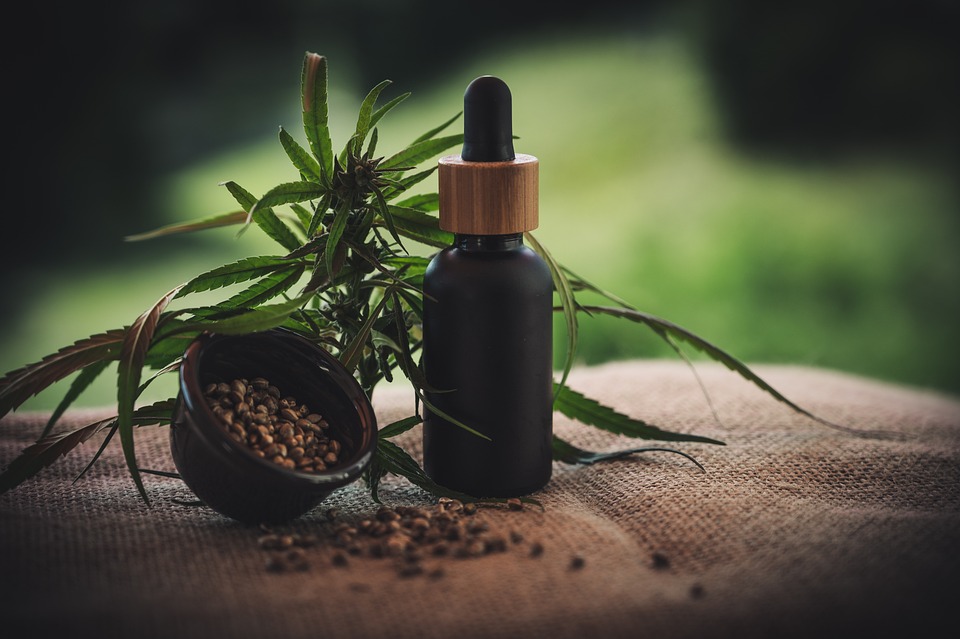Hemp, a versatile crop that has been used for centuries for various purposes, is experiencing a resurgence in popularity due to its numerous health benefits and eco-friendly properties. From skincare products to textiles, hemp is being incorporated into a wide range of consumer goods, driving the demand for this sustainable and environmentally-friendly crop.
The Benefits of Hemp
Hemp is a plant that is rich in nutrients and has a high content of omega-3 and omega-6 fatty acids, making it a popular choice for health-conscious consumers. Hemp seeds are a great source of protein and can be used in a variety of dishes, from salads to smoothies. Hemp oil is also a popular ingredient in skincare products, as it has moisturizing and anti-inflammatory properties that can help to soothe and nourish the skin.
The Growing Market for Hemp Products
As more consumers become aware of the benefits of hemp, the demand for hemp products has been steadily increasing. From food and beverages to clothing and accessories, hemp is being used in a wide range of products that cater to the health-conscious and environmentally-conscious consumer. In fact, the global market for hemp products is projected to reach $13.03 billion by 2026, according to Grand View Research.
Challenges and Opportunities
While the demand for hemp products is on the rise, there are still challenges that need to be addressed in order to fully capitalize on the potential of this versatile crop. One of the main challenges facing the hemp industry is the lack of consistent regulations and policies governing the cultivation and production of hemp. However, as more countries legalize the cultivation of hemp and establish clear guidelines for its production, the opportunities for growth and innovation in the hemp industry are endless.
Conclusion
From farm to market, the growing demand for hemp products is a testament to the versatility and sustainability of this eco-friendly crop. As more consumers become aware of the health benefits and environmental advantages of hemp, the market for hemp products is expected to continue to expand. With proper regulations and policies in place, the hemp industry has the potential to revolutionize various sectors, from agriculture to healthcare, and lead to a more sustainable future for all.
FAQs
A: The legal status of hemp varies by country, but many countries have legalized the cultivation and production of hemp for industrial purposes. In the United States, for example, the 2018 Farm Bill legalized the cultivation of hemp as an agricultural commodity.
A: Some common products made from hemp include hemp seeds, hemp oil, hemp clothing, hemp paper, and hemp skincare products.
A: Yes, hemp is considered to be one of the most environmentally sustainable crops due to its fast growth rate, minimal need for pesticides and herbicides, and ability to improve soil health.
[ad_2]
